Creativity plus Analytics equals Amazing
/Creativity plus Analytics equals Amazing
Episode 008
Creativity and analytics. Think that's like oil and water? More like Peanut Butter and Jelly!
Often times, data and analytics are thought of as black and white concepts. They are the OPPOSITE of creative thinking. They provide facts, reason, and cut through the emotion.
But thinking about it that way really limits what data can do.
In this episode, Dave and Matt will talk about curiosity, creativity and the type of people that will be most successful in an analytics role. Hint: it’s the people that can think outside the box, come up with new ways to solve problems, and creatively communicate what’s going on in their organization
We also touch on the concept of “Design-Focus” and “Human-Centered Design”. It’s the belief that everyone has creativity in them, and with basic tools, can create new and wonderful things. It’s making sure that whatever is created has the end-user in mind.
It’s also important to balance colorful & whimsical design vs. modern and functional design. When creating something like a dashboard, it’s important to ensure it’s both functional to read AND pleasurable to view. Design without purpose isn’t useful.
Until next week!





